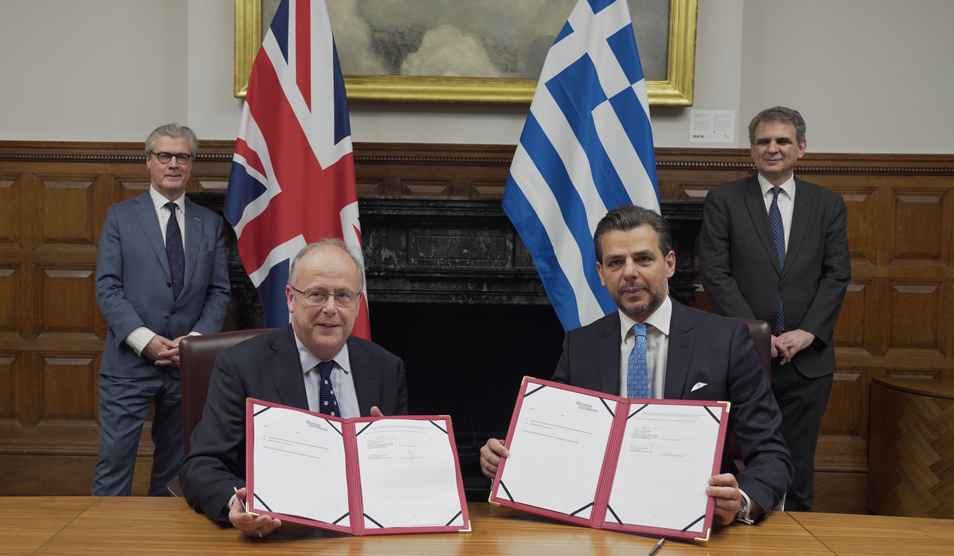Trust strongly welcomes new NHS guidance on disciplinary processes
Imperial College Healthcare NHS Trust has strongly welcomed new national NHS guidance to improve staff disciplinary processes. The guidance builds on learning from the independent investigation the Trust commissioned from Verita into the disciplinary process that resulted in the dismissal of one of its nurses, Amin Abdullah, who went on to take his own life. As such, the Trust has already acted on most of the recommendations in the new guidance and is in the process of making further improvements that will enable it to meet the new guidance in full and, in some aspects, to go even further in terms of demonstrating independence and fairness.
Following publication of Verita’s investigation in 2018, NHS Improvement set up an advisory group, including an advocate for Amin’s partner as well as the Trust’s director of people and organisational development, to examine the findings as well as issues raised by disciplinary cases in a number of other trusts in order to identify and share best practice for all NHS trusts.
Professor Tim Orchard, chief executive of Imperial College Healthcare NHS Trust, said: “The Verita review was a watershed moment for our Trust. It showed that we had let Amin down badly, that we did not have the right disciplinary processes in place and that we needed to do much more to create an organisational culture that makes it easier for everyone to do the right thing, for colleagues as well as for patients. We have worked hard since then – with welcome input from Amin’s partner, Terry Skitmore, and his advocate Narinder Kapur – to make improvements and ensure some good comes out of this tragic case. I am very grateful to Terry and Narinder for ensuring the Verita review took place and for the way in which, since then, they have supported the Trust and the wider NHS to ensure we learn all of the lessons for the future. There is much more to do but I am confident we are on the right track.”
The new national guidance recommends that all Trusts:
• follow current best practice in disciplinary and grievance procedures, especially to ensure and be seen to ensure complete independence and objectivity
• apply a rigorous decision-making methodology that provides for full and careful consideration of context and prevailing factors when determining next steps
• ensure everyone involved in a disciplinary process is fully trained to carry out their role
• assign sufficient resource to ensure that disciplinary processes are timely and thorough
• ensure any decision to suspend or exclude an individual is not taken by one person alone or by anyone who has an identified or perceived conflict of interest
• safeguard people’s health and wellbeing
• have Board-level monitoring and oversight of disciplinary processes.
Imperial College Healthcare’s Board is overseeing implementation of the Verita recommendations and wider improvements. Actions to date include:
• new checklists in place at pre-investigation and, if a case progresses, post-investigation stages
• formal offer of pastoral support for all staff involved in a disciplinary procedure
• bespoke training for managers who undertake investigations or chair a disciplinary hearing
• monthly oversight meetings to review cases, ensure delays are minimised and that regular communication is taking place
• setting up a dedicated, central investigation team, to enable speedier and more objective investigations.
The Trust has also launched a major programme to help develop the overall culture of the organisation, ‘leading change through vision, values and behaviours’. Following several months of workshops and discussions with staff at all levels, the Trust published a new behaviour framework in March 2019 setting out how its values should be lived in practice. Our focus has now moved onto how best to enable and support staff to live the values and to give everyone the skills and confidence to call out behaviours that are not in line with the values.
Latest data shows that there has been a significant drop in formal investigations and hearings in the Trust since improvements in the Trust’s disciplinary processes were made – 89 hearings in 2017/18 compared with 59 in 2018/19, with almost half of those hearings taking place in the first quarter of the year, before the changes were implemented.



